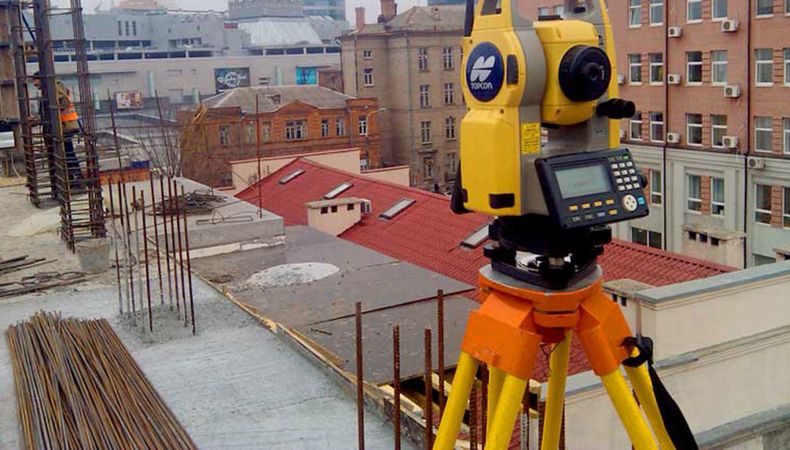Experts have canvassed the deployment of blockchain technology to advance transactions, the profession and boost transparency between practitioners and clients.
According to them, the use of the technology would go a long in mitigating severe lack of transparency, closeness of the sector to certain people, high taxes/investment fees, lack of liquidity in the industry, delays in transaction speed and issues of pricing commitments.
Blockchain technology is a time-stamped series of immutable record of data that is managed by a cluster of computers not owned by any single entity. Each of these blocks of data are secured and bound to each other using cryptographic principles or chain.
The decentralised-record-keeping technology, which is designed to instill trust in the authenticity of digital transactions, could be used to create efficient solutions for both commercial and residential real estate, from buying property to conducting due diligence and to enabling crowd-sourced investments. It is useful in property management, off-plan sales, property technology process (PROTECH), smart estate management using Internet of Things and more.
Speaking at its Royal Institution of Chartered Surveyors (RICS) Nigeria Group’s second continuous professional development series titled, ‘Blockchain: The brick & mortar of its growth in today’s world’, the Managing Partner, Blockchain Asset Management, Deji Soetan said the blockchain as one of the emerging technologies brings in several utilities into the real estate ecosystem.
This, he stated include the smart contracts which could protect owners from property fraud. He said through the technology, it is possible to link the digital ownership of individuals’ property, documents, and contracts directly to the blockchain stressing that once inside the blockchain, it is impossible for it to be tampered with or altered.
He reinforces believe that the technology would soon gain notoriety even in the least expected industries. Soetan explained that everyone who is part of the network can see all the data that is stored inside the blockchain and every single piece of data can be traced right to its very origin. He also said the process permits immutability of records as data inside the blockchain cannot be tampered with because of cryptographic hash functions.
The ICT expert declared that the proof of the technology’s merit was seen in the development of a excise trade management solution for the Nigeria Customs Service. The proposed solution, he added enabled the business processes within the excise trade to be automated to create better revenue assurance, optimum efficiency and transparency utilising the Blockchain technology.
“Within the context of payments, introduction of smart contracts into blockchain real estate ledgers and transactions, has clear potential in streamlining various real estate processes, such as releasing apartment ownership, or rental documents upon a completion of a crypto-currency transfer. One important area where it would be used is in the speed of transaction because nowadays, the process is still slow making it be so archaic and needs to be modernised”.
“Real estate players need to look at the challenges of their industry. For example if it has to do with transfer of titles, they should look at the problem to be able to come up with the solution for efficiency and how to pass land titles from one party to another. Using distributed ledgers to enable the coding of simple contracts that will expedite when specified conditions are met. With the use of open source programming languages, the creation of smart contracts are being used to perform functions such as derivatives being paid out when a financial instrument meets certain conditions”, he said.
The RICS Chairman, Nigeria chapter, Gbenga Ismail while speaking with The Guardian, observed that the use of the technology is becoming rampant; hence, there was the need to make real estate practitioners understand how it works, see its opportunities and possibilities for the industry.
“At RICS, we brought the issue to the fore, to enhance our industry. The technology will bring trust to transactions, especially in a trustless society, advances land registration where people could secure their property records,” he said.

